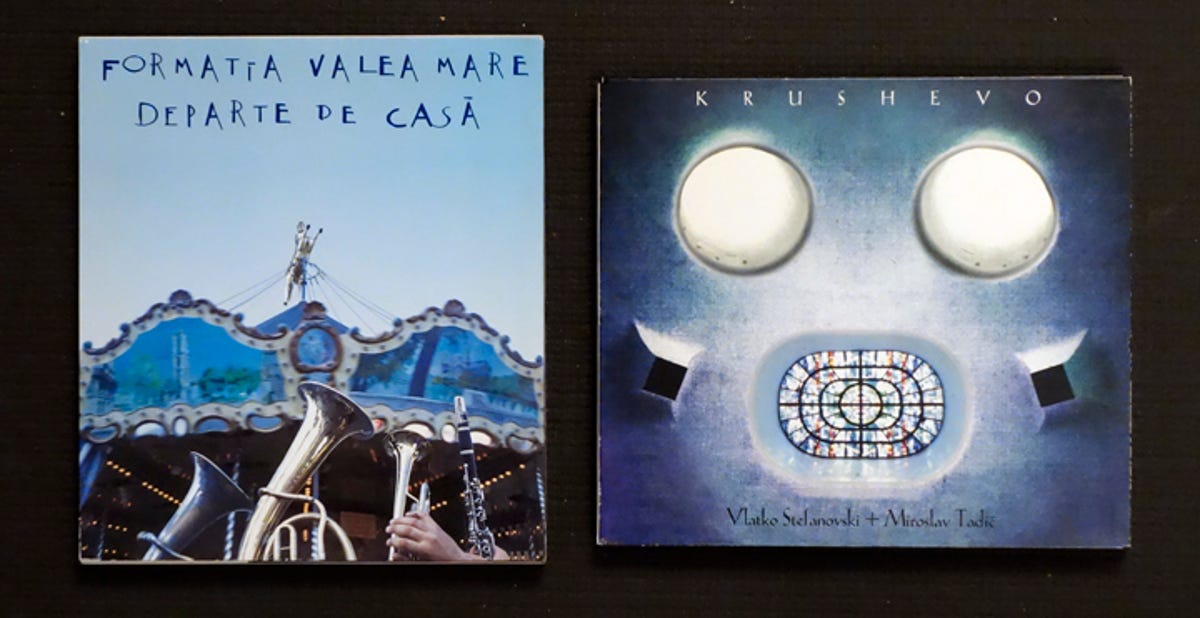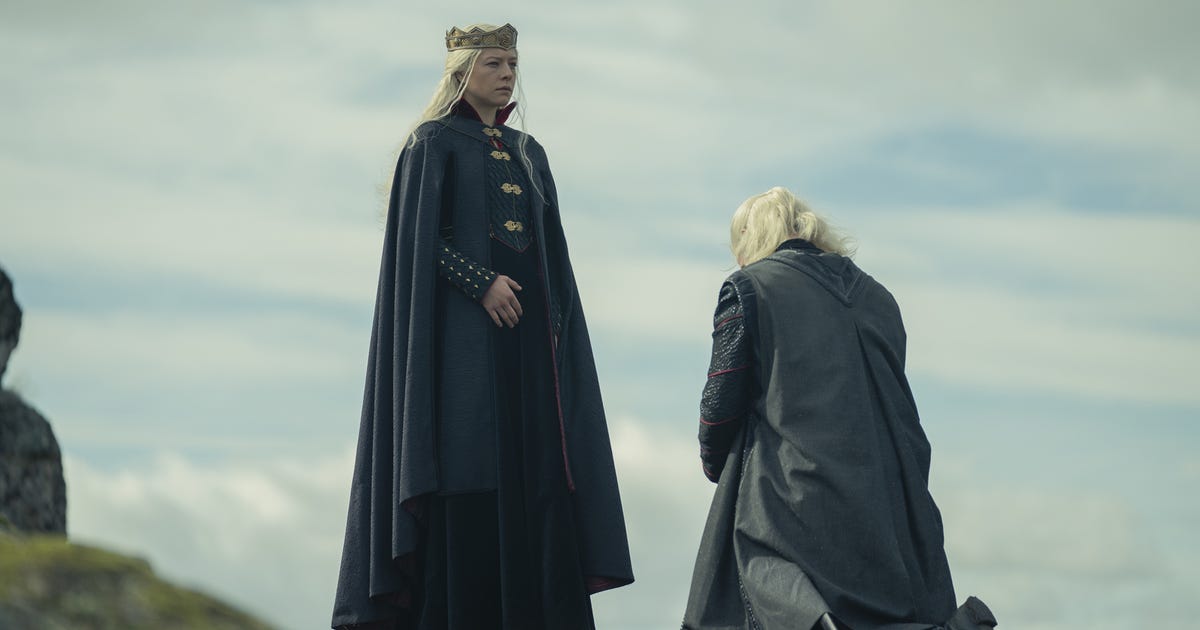
Steve Guttenberg/CNET
Todd Garfinkle started out as a musician and landed a recording contract with CBS/Sony in 1986, while he was living in Japan. The relationship with CBS/Sony didn’t continue, so not long after that Garfinkle decided to start his own company, MA Recordings. He bought a custom-made microphone preamp, a pair of Bruel & Kjaer microphones, and a specially modified Pioneer Electronics DAT high-resolution digital recorder. He avoided sterile studios, opting instead to record in great-sounding churches and concert halls, as he knew those places would be a better environment to make music in. Once you record in the best-sounding places there’s no need to add digital reverb in the mix or post production — he gets exactly the sound he wants on location.
MA Recordings has now produced 84 albums of world, jazz, and classical music, and more are in the works. Garfinkle currently records in higher-resolution 176kHz PCM or DSD on a different recorder than the one he started with, but for the most part Garfinkle’s no-frills approach hasn’t changed all that much. He still uses just a pair of mics to record solo artists or large groups. No matter what, the recordings are always “live,” made without overdubbing or adding any other tracks.
Related stories
- Sound bite: Despite Pono’s promise, experts pan HD audio
- Extreme audio designs — at their most audacious (pictures)
With most commercial recordings the “sound” is created in the mix, after the vocalists have stepped away from the microphones and the musicians have put down their instruments; MA Recordings’ artists play an integral role in creating the sound of their music as they perform it. There’s no after-the-session mixing.
Garfinkle personally produces, records, edits, and masters almost all of his projects; he’s now based in Los Angeles, and records in Japan, Hong Kong, Spain, Portugal, France, Italy, Argentina, and here in New York.
One of my favorite MA Recordings is “Out of Time and Country.” It’s folk music from Sweden and France, for voice, medieval fiddle, guitar, percussion, and the sound is pure and clear. Like Garfinkle’s other recordings, “Out of Time and Country” sounds like there’s nothing to it, and I mean that as a compliment. Definitely also check out “Llama,” which features the extraordinary voice of Silvia Perez Cruz and steel pan drum percussion; it was recorded in a little church in the Barri Gotic quarter of Barcelona, Spain. The church is as much of a player as the musicians, you’re in the space with them!


Todd Garfinkle
Garfinkle very rarely uses dynamic range compression, equalization, or processing — he doesn’t need to — he fine-tunes the sound at the session by moving the singers’ or instruments’ positions relative to the two microphones. That’s it, but after you listen to a bunch of MA Recordings music it’s best not to immediately play any other CDs or LPs. They will sound squashed, processed, and lifeless by comparison.
The best way to get acquainted with the music is to start with the SACD Sampler; it has two completely different sets of tunes, one on the CD layer, another set on the SACD layer. MA Recordings’ titles are available on CD, and some are also available on LPs and high-resolution DVD-ROMs. Garfinkle didn’t jump on the high-resolution bandwagon because Neil Young now thinks it’s cool; Garfinkle has been recording high-resolution audio from Day One. He will start selling high-resolution downloads on his Web site before the end of the year.




